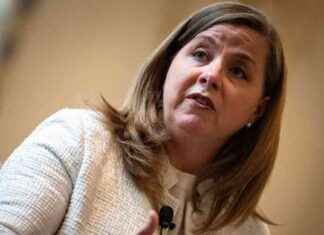MADRID, 14 Feb. (EUROPA PRESS) –
The Government of Japan, led by Prime Minister Fumio Kishida, has nominated Kazuo Ueda, an economist and former director of the Bank of Japan, as a candidate to become the next governor of the Japanese central bank, thus succeeding Haruhiko Kuroda, who has led the country’s monetary policy since 2013.
Likewise, the Japanese Executive has raised the appointments of Ryozo Himino and the current executive director of the Bank of Japan, Shin Uchida, as deputy governors of the Japanese issuing institute.
In this way, the nominees by the Government for two five-year terms at the Bank of Japan will be submitted to the scrutiny of the House of Representatives and the House of Representatives at the end of the month, after which their appointments will be voted on in plenary session. of both chambers in the Diet for his formal appointment in mid-March.
Haruhiko Kuroda’s current term will expire on April 8, and those of Masayoshi Amemiya and Masazumi Wakatabe as deputy governors of the entity will expire on March 19. Kuroda became president of the Bank of Japan in 2013 and was re-elected in 2018, completing a ten-year tenure at the helm of Japanese monetary policy, the longest in history.
Kazuo Ueda, 71, was a director of the Bank of Japan between 1998 and 2005 and recalls his decision to vote against raising rates from zero to 0.25% in August 2000, while in an article published last year warned against a premature increase in interest rates.
According to the newspaper ‘Nikkei’, if he finally became president of the Bank of Japan, Ueda would be the first external candidate to lead the institution in decades.
Likewise, the newspaper highlights the ‘academic’ character of Ueda, a doctorate in Economics from the Massachusetts Institute of Technology and a professor at the University of Tokyo, who has come to be called ‘the Japanese Bernanke’.







